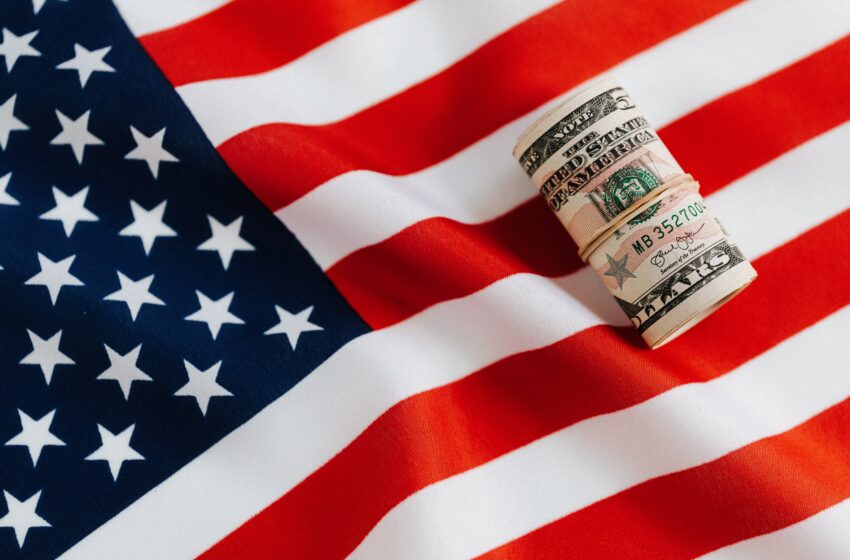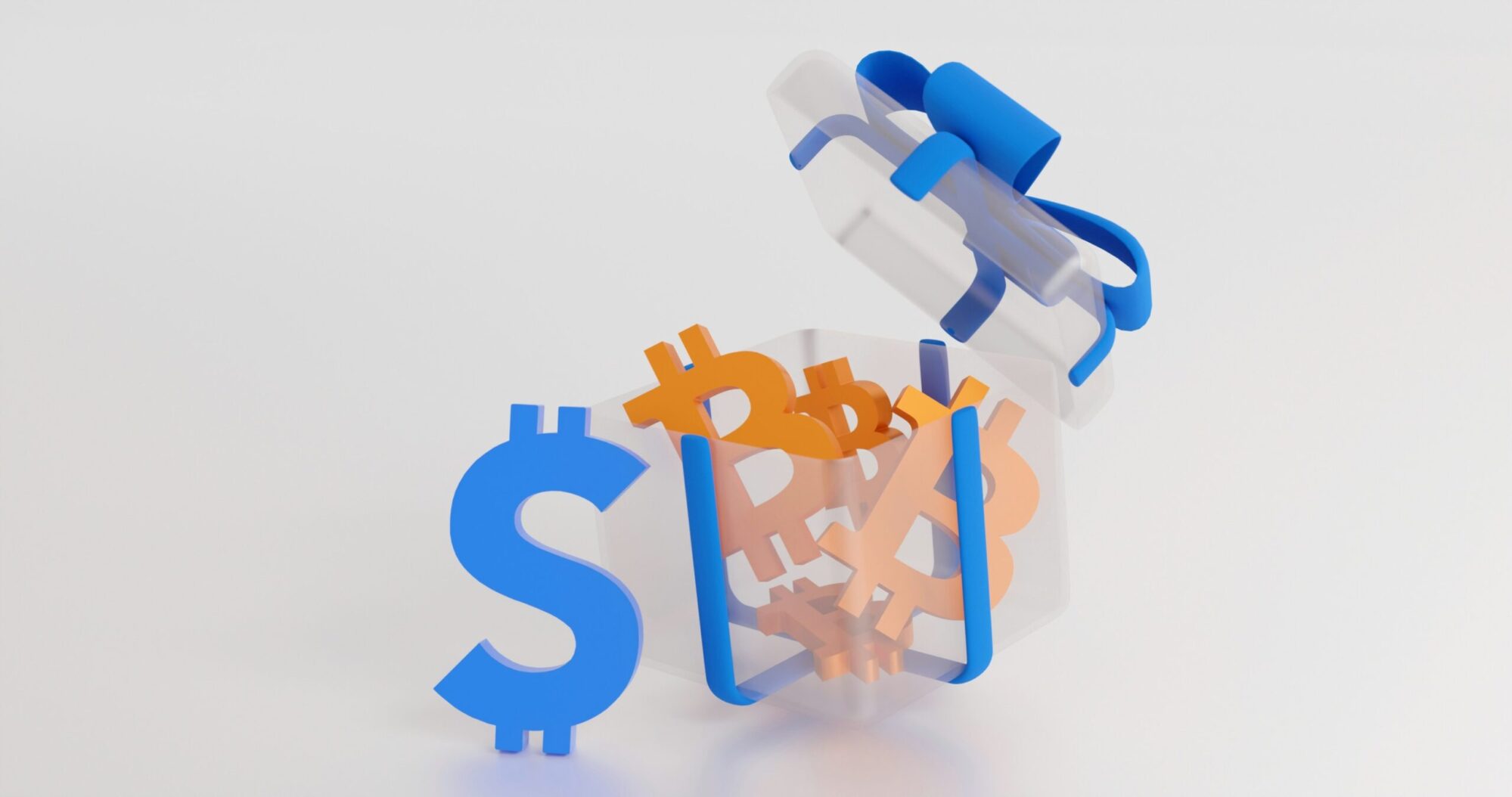
Bank of America Faces Congressional Probe Over January 6 Information-Sharing
In a recent development, House Judiciary Committee Chairman Jim Jordan has issued a subpoena to Bank of America as part of an ongoing investigation into how banks handled customer information around the time of the January 6, 2021, Capitol attack. The Ohio Republican seeks records related to Bank of America’s information-sharing with the FBI. Despite receiving some documents, the bank has yet to provide the full filing turned over to the FBI. The probe, initiated in May, raises questions about the balance between national security concerns and consumer privacy laws.
Jordan, along with Rep. Thomas Massie, began investigating financial institutions earlier this year, specifically delving into the extent to which banks cooperated with the FBI in collecting Americans’ financial data. The investigations were prompted by reports from an FBI whistleblower suggesting that Bank of America voluntarily shared information related to the Capitol attack.
The recent subpoena is not the first in this series of inquiries. In August, Jordan issued a similar request to Citibank, aiming to understand the collaboration between financial institutions and the FBI in collecting financial data. The committee’s focus is on transactions conducted between January 5 and January 7, 2021, in the D.C. area. The deadline for Bank of America to provide relevant communications and documents is set for December 15.
In response to the subpoena, Bank of America emphasized its adherence to applicable laws during interactions with the Trump Administration’s Treasury Department and law enforcement. This highlights the delicate dance financial institutions must perform, ensuring compliance with legal requirements while safeguarding customer privacy.
The email exchange presented by Jordan in his letter underscores the level of cooperation between the FBI and the bank, adding another layer to the ongoing debate over the extent of information-sharing in the interest of national security. This revelation could impact discussions around consumer privacy laws, as hinted at by Jordan in his communication.
As Congress delves deeper into the dynamics between banks and law enforcement agencies, the broader implications for financial data privacy and the balance between security and civil liberties come to the forefront. The outcome of these investigations may shape future legislation and regulations governing how financial institutions handle and share customer information, setting a precedent for the evolving landscape of data privacy in the United States.






